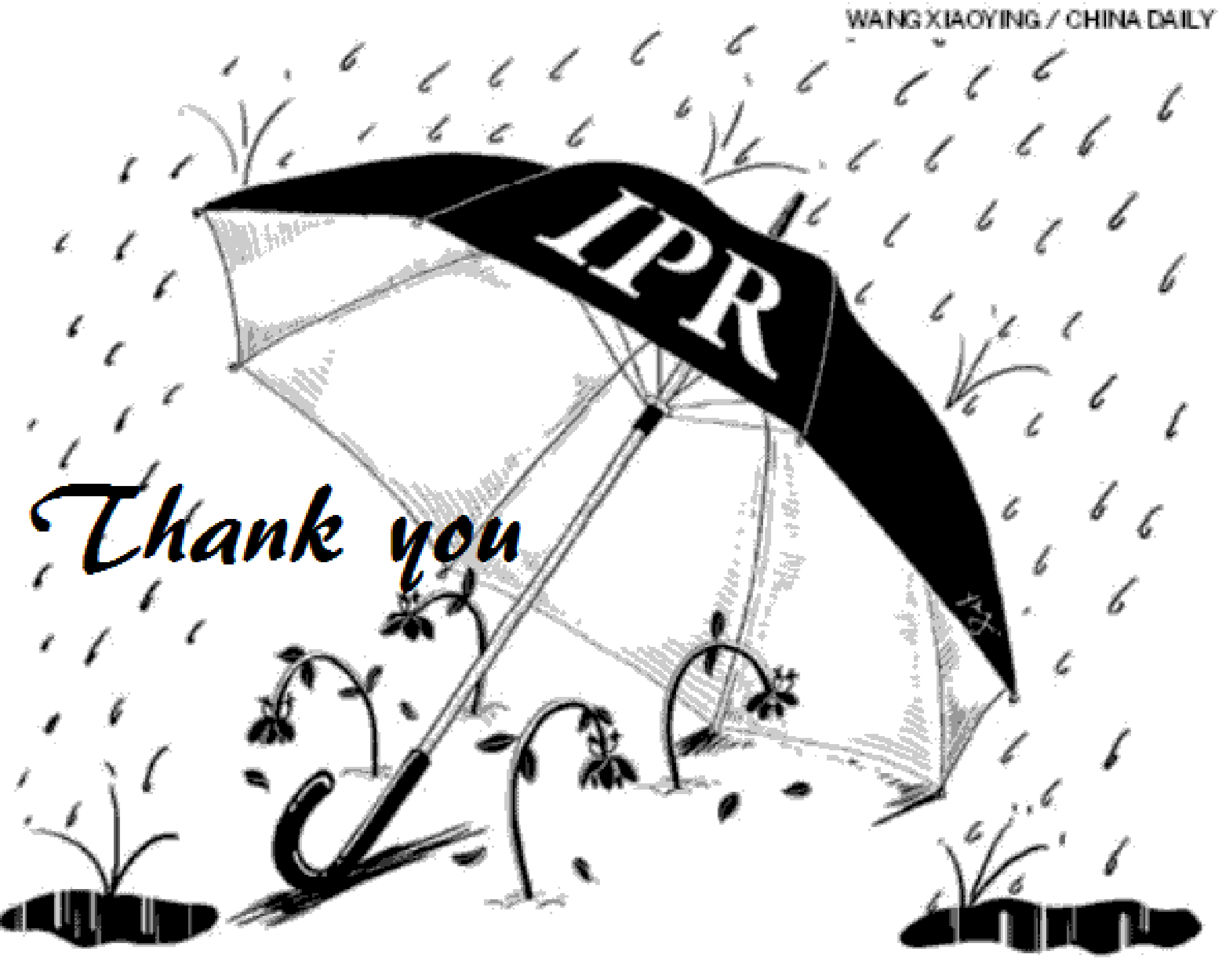

http:⁄⁄www.wto.org⁄english⁄docs_e⁄legal_e⁄27-trips_01_e.htm
'Most comprehensive multilateral intellectual property treaty.'
- An attempt to standardize intellectual property rights around the world
- Based on Paris and Berne Conventions
- Establishes minimum levels of protection
- Some exceptions for public health emergencies
- Administered by the WTO
- Establish a mutually supportive relationship between the World Trade Organisation (WTO) and World Intellectual Property Organisation (WIPO) (UN)
Basic Principles
National Treatment
Each member shall accord to the nationals of other member states treatment no less favourable than
that it accords to its own nationals...
Equal treatment for nationals of all trading partners in the WTO TRIPS Agreement has additional important principle: Intellectual property protection should contribute to technical innovation and transfer of technology.
Most-Favored-Nation
If the protection conferred to the nationals of a member is more favourable than those granted to the
nationals of other members, such higher protection must be immediately and unconditionally
extended to the nationals of the other members, by virtue of the most favoured nation (MFN) clause
(article 4).
Any new regional trade agreement with intellectual property rights would be subject to the
TRIPS MFN clause.
One of the permitted exceptions to the MFN clause relates to international agreements made before
the entry into force of the WTO Agreement, and notified to the Council of TRIPS, provided that
they “do not constitute an arbitrary or unjustifiable discrimination against nationals of other
members” (article 4.d).
Balance and Protection
Unlike other components of the Uruguay Round Final Act, the TRIPS Agreement does not provide
for special and differential treatment in favour of developing and least developed countries (LDCs).